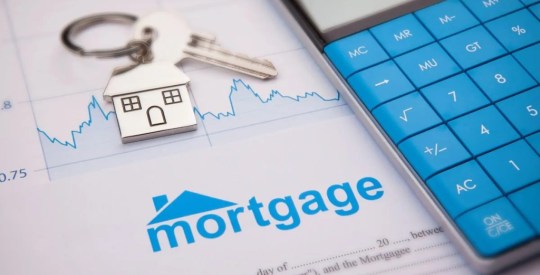For an older American who is seeking to find a feasible way to fund some kind of healthcare whether talking about ongoing issues or a disruptive health event, a fixed income puts many seniors at a serious disadvantage in terms of having enough financial stability to comfortably cover expensive healthcare costs. This is where a person’s home equity can potentially come into play, up to and including a reverse mortgage.
This was a perspective shared in a recent blog post from ElderLawAnswers, which sought to provide some possibilities for a senior who has decided to look at the equity in the home as the means to cover certain healthcare expenses.
The reader, who details that they have a home value estimated at around $1 million, also relates that children in the family neither want or need an inheritance.
“I would like to get the best care possible if I become incapacitated. I know that the value of my home will provide for the care,” the reader says. “What is a smart way to make it possible for my children to tap into the equity to pay for my care? Once I am gone, they can inherit what’s left.”
To access the equity while remaining in the home, the team answering the question determined that there are really only two financial products that would make sense in the described scenario.
“To access the equity in the house while you are alive, you can borrow on it through either a traditional line of equity or a reverse mortgage,” the answer reads. “An equity loan is less expensive, but depending on your income you may or may not qualify. In addition, there may be significant limits on how much you can borrow.”
While acknowledging that a reverse mortgage may come with upfront costs that a traditional line of equity does not have, the amount of tappable equity is likely a concern when taking into account what the loan proceeds will be used for: a typically expensive commodity in the form of healthcare costs.
“A reverse mortgage may be more expensive, but will likely permit you to access more of the equity in the house, so it may be a good option in your situation,” the answer reads. “If your children or others have the resources to lend to you money, another option would be a private loan secured by a mortgage on the house.”
Read the article at ElderLawAnswers.



